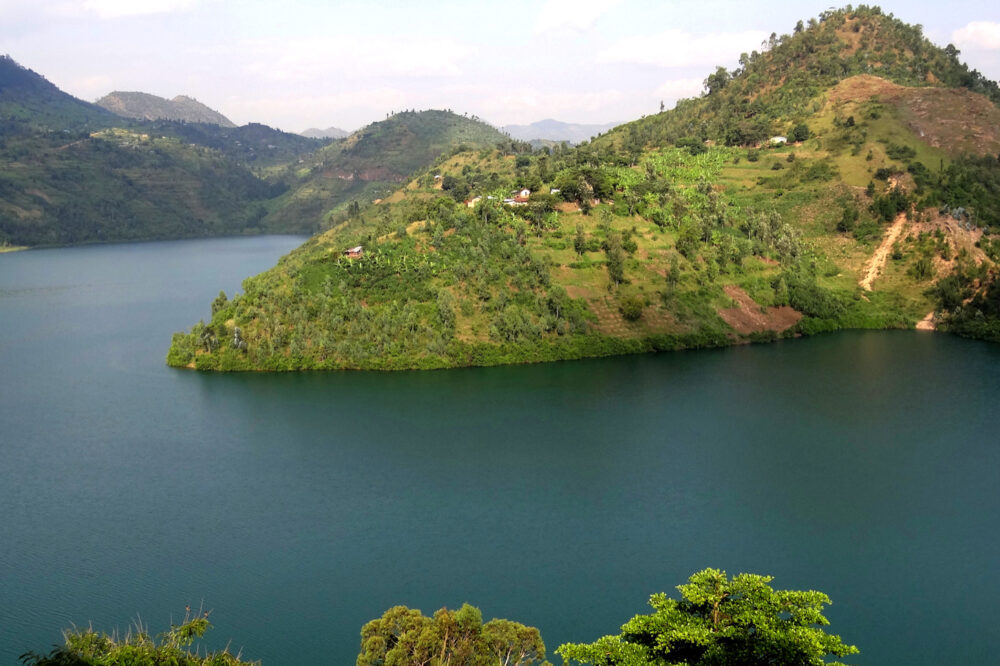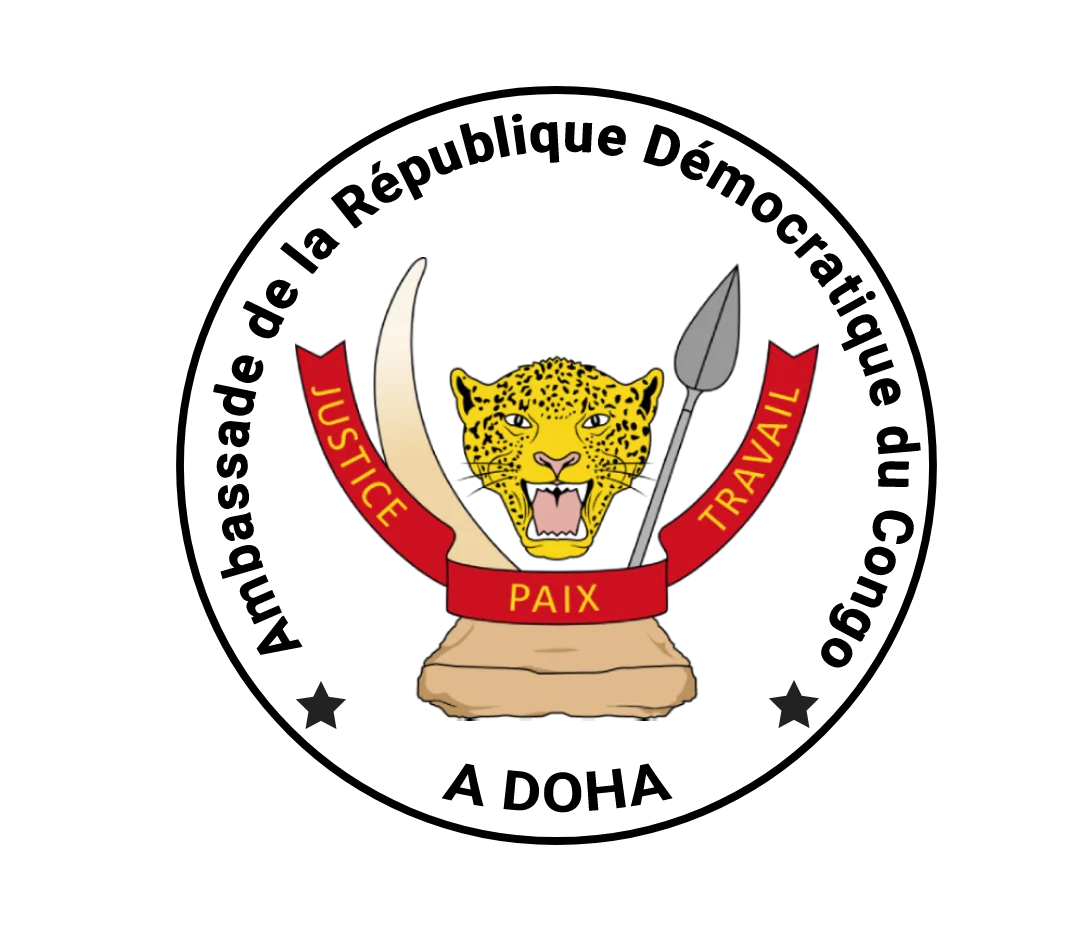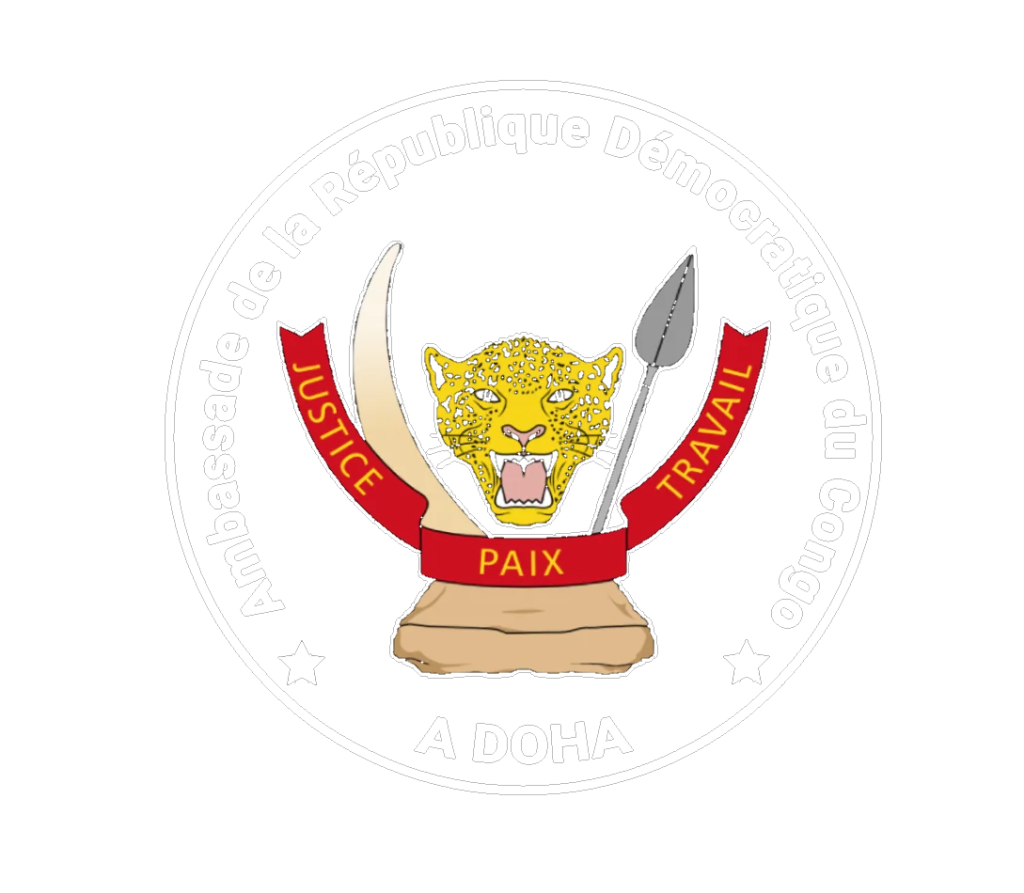About
About

The Democratic Republic of the Congo (DRC), sometimes called Congo-Kinshasa in reference to its capital Kinshasa , is the largest country in Sub-Saharan Africa. The country is also the most French-speaking country in the world in area and population.
Located in central Africa, DRC gained independence from Belgium on June 30, 1960.
Kinshasa, the capital, is the largest city in central Africa, it serves as the country’s official administrative, economic, and cultural center.
There are several other major cities; all are administrative or commercial centres; Kananga is the capital of Kasaï-Occidental (Western Kasai) province. Lubumbashi, the administrative headquarters of Katanga, is the heavily industrialized capital of the country’s copper-mining zone. Mbuji-Mayi is the capital of Kasaï-Oriental (Eastern Kasai) province and Congo’s diamond centre. Kisangani, the terminal point of navigation on the Congo River from Kinshasa, is the capital of Orientale province. Bukavu, the headquarters of Sud-Kivu province, is a major tourist centre; Kikwit, the former capital of Bandundu province, is the terminal port on the Kwilu River; and Matadi, the capital of Bas-Congo, is the country’s main port. Mbandaka is a river port and the capital of Équateur province.
More than 200 African ethnic groups live in Congo; of these, Bantu peoples constitute a large majority of the country’s population.
More than 200 languages are spoken in Congo. Communication between groups has been facilitated by four national languages: Swahili, Tshiluba (Kiluba), Lingala, and Kongo. French is the official language and the language of instruction, business, administration, and international communications.
As of 2021, the population of Democratic Republic of the Congo is 92.38 million of people.
Congo’s rate of natural increase is among the highest in the world. More than two-fifths of the population is younger than age 15, with some three-fourths under age 30; on the other hand, only a small fraction of the population is 60 or older.
The DRC is known for its vast resources and diverse wildlife, as well as having the world’s second largest rainforest, after the Amazon. The country is home to more than 1,000 species of birds, more than 400 species of fish, 10,000 species of plants and three of the world’s four great apes. Breathtaking protected habitats are in the DRC, including Garamba National Park and Virunga National Park, the oldest nature reserve of its kind in the world. The DRC also has nearly 80 million hectares of arable land and more than 1,100 precious minerals and metals.

